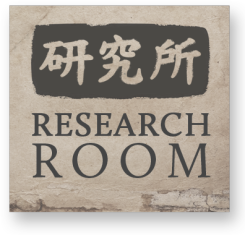Yongusil 91: New Frontiers in Korean Studies
The new Institute for Korean Studies at the George Washington University recently hosted a workshop for young researchers, “New Frontiers in Korean Studies: Korea and the World.” 10 young scholars presented their work, each pursuing new directions in understanding Korean history, politics, and society.
Yongusil 90: The Carter-Reagan Transition and the US-South Korea Alliance
A new working paper, “Shifting Hierarchy & Subordinate Sovereignty: The Carter-Reagan Transition and the US-South Korea Alliance” will be presented at a conference at the University of Texas on January 19-21. Author Clint Work explains more.
The Tumen Triangle Project: Focus on the Rajin-Sonbong Economic and Trade Zone
Sino-NK presents issue four of the Tumen Triangle Documentation Project: Sourcing the Chinese-North Korean Border. Written by Théo Clément, this issue focuses on the Rajin-Sonbong Economic and Trade Zone.
Yongusil 89: One River, Three States in Asian Perspective Special Issue
This autumn saw the journal Asian Perspective bring together five authors for a transnational investigation of issues confronting the DPRK-PRC-Russia border region. The journal special issue was guided by guest editor Park Hyun-gwi of Cambridge University. Anthony Rinna takes a look inside.
Yongusil 88: Borders and Belonging at the 2016 Joint East Asian Studies Conference at SOAS
Markus Bell and the Sino-NK team review Korea-focused presentations from the Joint East Asian Studies Conference (JEAS), hosted by the University of London’s SOAS from September 7-9.
 The Research Room serves as the metaphorical “back room” of Sino-NK, visualizing the collective academic output of the organization’s members. Here readers are kept up-to-date with projects in progress and provided recaps of completed efforts. The Research Room also seeks to examine and reveal external analysis giving Sino-NK’s view of new conceptions, approaches, and methodologies. This section used to be called Yongusil, meaning “research room” in Korean.
The Research Room serves as the metaphorical “back room” of Sino-NK, visualizing the collective academic output of the organization’s members. Here readers are kept up-to-date with projects in progress and provided recaps of completed efforts. The Research Room also seeks to examine and reveal external analysis giving Sino-NK’s view of new conceptions, approaches, and methodologies. This section used to be called Yongusil, meaning “research room” in Korean.









